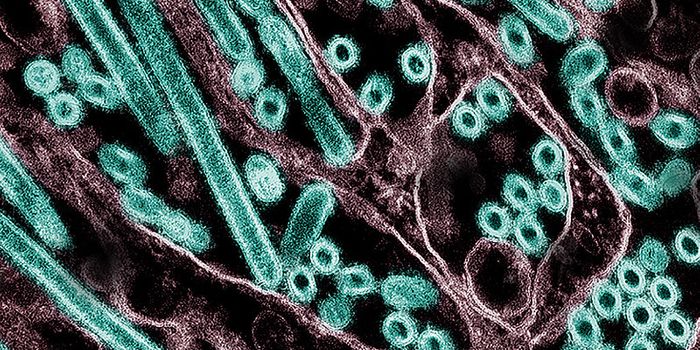Brown Algae Pigment Could Have Beneficial Health, Biofuel Applications
When we think of algae, what do we think of? Probably, you think of thick gobs of green floating along the edges of a pond. And yet, while algae does play a vital ecological role, the majority of algae are not green but brown. In fact, it’s estimated that brown algae, common in polar regions, accounts for one fifth of the oxygen produced in the world. That’s a lot of air!
Given the vital role they play to support life on earth, researchers have been intensely curious about how brown algae convert sunlight into energy and oxygen, and how they do it so well. A team of researchers from the University of Colorado, Germany, and China have teamed up to study the evolutionary processes that helped brown algae produce their unique brown pigments called fucoxanthin. Their work is described in the Proceedings of the National Academy of Sciences.
Prior research shows that a complex genetic evolution gave algae the ability to create highly-capable pigments to conduct photosynthesis, culminating in fucoxanthin. Using CRISPR/CAS9 technology, researchers were able to identify and disable the genes that were responsible for producing the brown pigment fucoxanthin, which researchers say could have a range of pharmaceutical and nutraceutical (alternatives to pharmaceuticals) benefits. Understanding the secrets behind how fucoxanthin works could help unlock these benefits.
In terms of next steps, researchers aim to take this highly-efficient light harvesting ability of fucoxanthin and transfer it to either other organisms or even other uses entirely. For example, researchers believe the findings from their study could offer new directions for research in a variety of fields, including medical and even biofuel uses. A better understanding of how fucoxanthin developed evolutionarily could shed more light on its use in health and medicine. IN terms of biofuel, researchers speculate that understanding the efficient photosynthetic properties of fucoxanthin could allow them to manipulate those functions in cells that could help create more biofuel more efficiently.
However, research is still in the early stages.
Source: Eurekalert!; Proceedings of the National Academy of the Sciences








